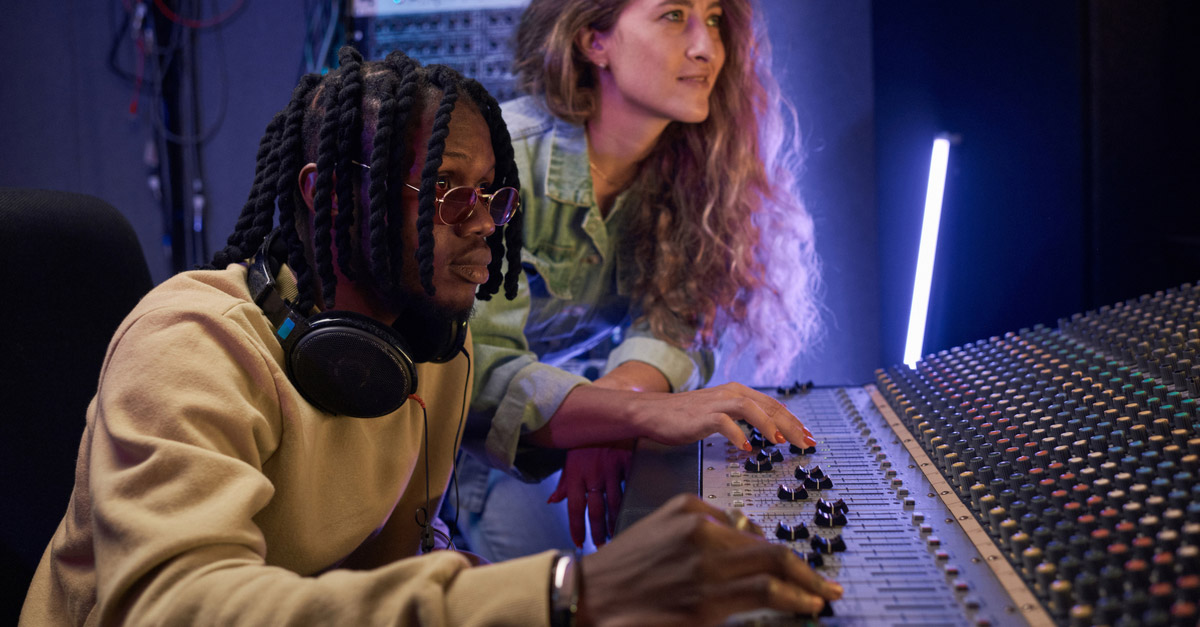Producers and Engineers often work closely with one another to ensure the final product is excellent, though they have different jobs. Producers are tasked with creating beats or figuring out the perfect chords, instruments, and effects to use in any song. They are also often Songwriters for the bands and artists they produce for. It’s a highly creative role, which is why some of the top players in the industry can earn tens of thousands of dollars per song.
Music Engineers don’t have nearly as much leeway to be creative, but they are still vital to the music-making process. Engineers need to work with the instruments, microphones, and various other equipment and programs to make sure they’re all working perfectly. They are tasked with ensuring the recording process goes smoothly and that when the music has been played and the Singer is done, what’s been taped isn’t just usable, but the best quality possible.
